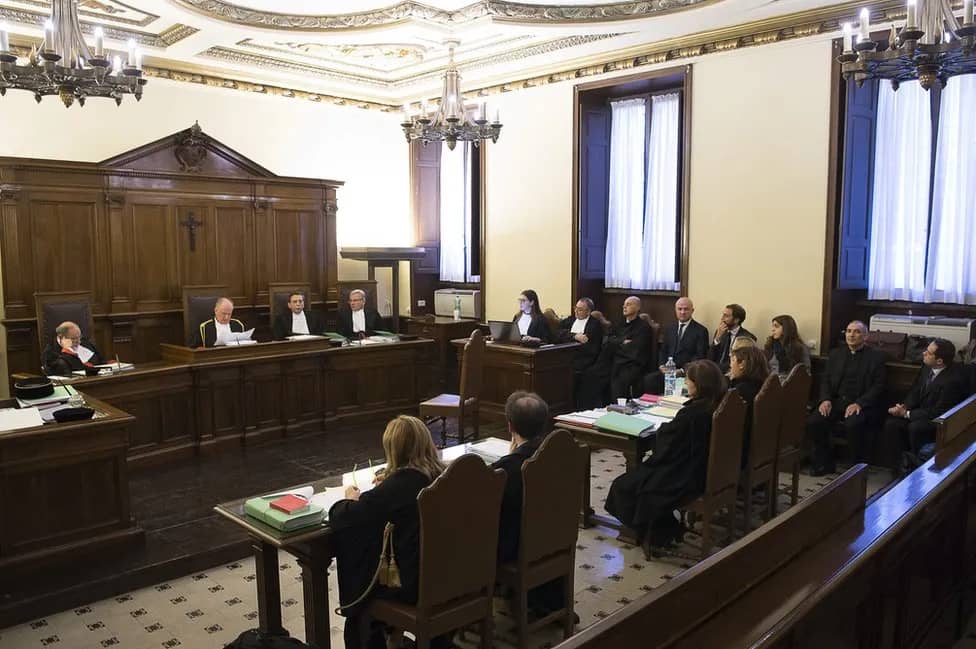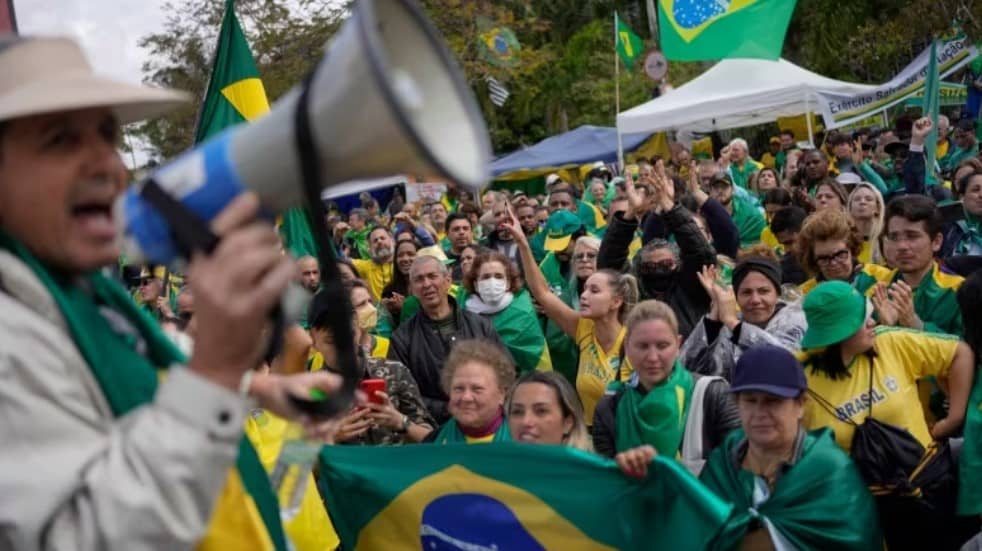ROME — Cardinal-designate Juan Jose Omella of Barcelona, Spain, said his appointment isn’t a job promotion but a call to be more like Jesus, who came to serve the poor and marginalized.
“This isn’t about great honors, attaining positions of responsibility, of honor, of glory. It’s not about making a career, but of service,” the cardinal-designate told Vatican Radio May 22. “That is our mission.”
Pope Francis announced May 21 he would be making the 71-year-old Spanish archbishop a cardinal during a consistory in June.
Although past archbishops from Barcelona have been named cardinals, Omella said he was still surprised by the announcement.
Speaking to journalists the day after the pope announced the June 28 consistory, Omella said he was blessing a new Caritas facility in a local parish when his friend, a bishop, called to congratulate him.
“I answered and he said, ‘Congratulations, Cardinal!’ And I said, ‘Enough with the jokes, you’re always messing around with me.’ And he said, ‘No, no. I’m here in St. Peter’s Square and I just heard (the pope) say your name,'” he said May 22.
Despite the unexpected news, the cardinal-designate refused to change his schedule. That same evening, he went to visit prisoners at the Can Brians penitentiary on the outskirts of Barcelona.
“I came back home at 9 o’clock at night, and this morning, I am with you,” he told journalists, adding that since his appointment, he had received hundreds of phone calls.
Juan Jose Omella was born April 21, 1946, in Cretas, a small Catalan-speaking village with a population of just over 580.
He studied at the seminary of Zaragoza, Spain, as well as at formation centers run by the Missionaries of Africa in Louvain, Belgium, and Jerusalem. Following his ordination in 1970, he served as a pastor in the diocese of Zaragoza and as a missionary for one year in Zaire, now known as the Democratic Republic of Congo.
He was named auxiliary bishop of Zaragoza in 1996 by St. John Paul II. A member of the Spanish bishops’ conference commission for social ministry since that time, Omella served as its president from 2002 to 2008 and from 2014 to 2017.
According to the Spanish bishops’ conference website, the commission “promotes and executes actions” relating to social justice, charity and prison ministry.
Like Francis, Omella believes the church must continue to be “a path of hope and brotherhood,” especially for those living in the margins of society.
The church must work to “unite institutions for the common good, so that no one feels cast aside – as the pope says – and that we care for the poorest,” he told Vatican Radio.
“I believe that it is a job that we all must do at all levels.”

















